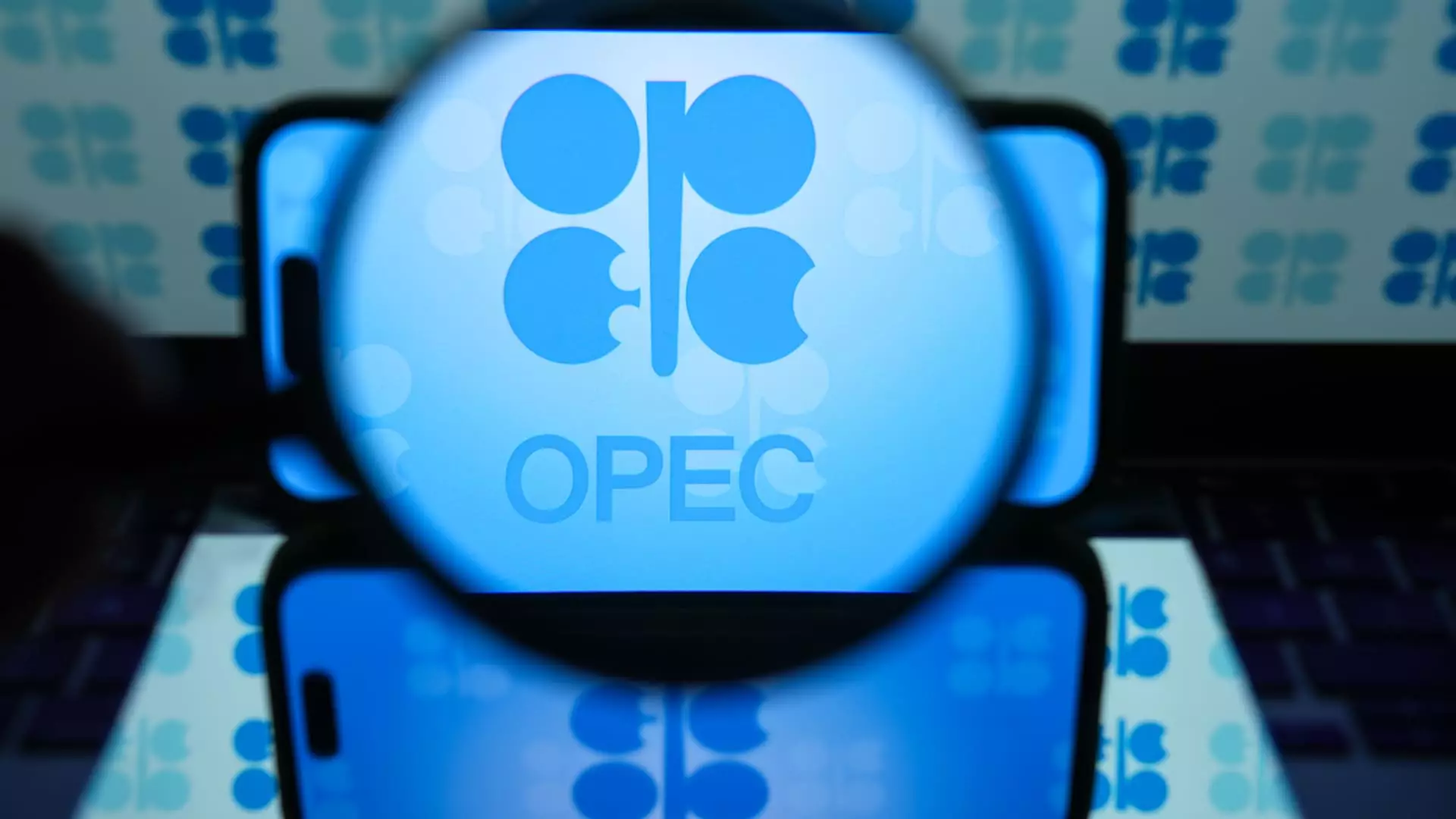In recent weeks, we have witnessed an orchestrated spectacle by some of the world’s most influential oil-producing nations — a calculated move to increase production by a staggering 548,000 barrels per day. On the surface, this appears to be a positive step towards stabilizing global markets amid fluctuating prices. However, a deeper analysis reveals a dangerous illusion of economic stability. This decision, driven by the veneer of a “healthy market” and “low inventories,” masks underlying vulnerabilities that could threaten global economic stability and environmental sustainability. While producers claim they are responding to a steady economic outlook, in reality, their actions often serve short-term political or economic interests that disregard long-term consequences.
The Fallacy of Market Fundamentals
The official narrative suggests that rising production aligns with “healthy market fundamentals,” but this is a misrepresentation. The true picture is far more complex. By unwinding supply cuts — which were initially intended to balance supply and demand during a crisis — these nations are sowing the seeds for future volatility. This approach assumes that the global economy will continue on its current growth trajectory, overlooking the persistent risks of economic downturns, geopolitical conflicts, and climate disruptions. Relying on low inventories and the illusion of supply sufficiency to justify increased output dangerously underestimates the fragility of energy markets. It’s as if these nations are playing a game of economic roulette, betting on the assumption that the global economy will keep humming along without upheaval.
The Risks of Short-Sighted Production Increases
The decision to accelerate output before fully assessing global demand is inherently risky. Oil markets tend to be cyclical; what goes up often comes down. By flooding the market now, these producers risk overshooting demand, leading to excess supply and subsequent crashing prices — a scenario that could trigger economic pain not just for oil-exporting nations but for the broader economy dependent on stable energy prices. Moreover, this strategy contradicts efforts worldwide to transition to cleaner, renewable energy sources. Increasing fossil fuel production at a time when global consensus emphasizes sustainability and environmental responsibility reflects a shortsighted perspective rooted in profit, not planetary health.
Politicization and Its Global Impacts
Complicating the picture is the interplay of geopolitical factors. Rising tensions in the Middle East, exemplified by Iran’s conflict and the ongoing uncertainties around the Strait of Hormuz, threaten supply routes and underscore how volatile these markets are. The temporary boost in oil prices due to conflict-related disruptions underscores the fragility of supply chains. Yet, instead of investing in diversifying energy sources and reducing dependence on unstable regions, major oil producers are doubling down on traditional fossil fuels, prolonging a cycle of geopolitical risks and environmental degradation. The result is a paradox: nations cling to short-term stabilization tactics that undermine long-term security and sustainability.
The recent surge in oil production by OPEC+ is more than a simple market adjustment; it’s a performance rooted in maintaining geopolitical influence and short-term economic gains at the expense of long-term stability. Far from being a prudent response to market signals, it reveals a profound disconnect from the realities of climate change, economic inequality, and energy resilience. True leadership would entail acknowledging these dangers and investing in sustainable, diversified energy solutions. Instead, the current path risks locking the world into a cycle of dependency, volatility, and environmental harm from which recovery will be exceedingly difficult.



Leave a Reply